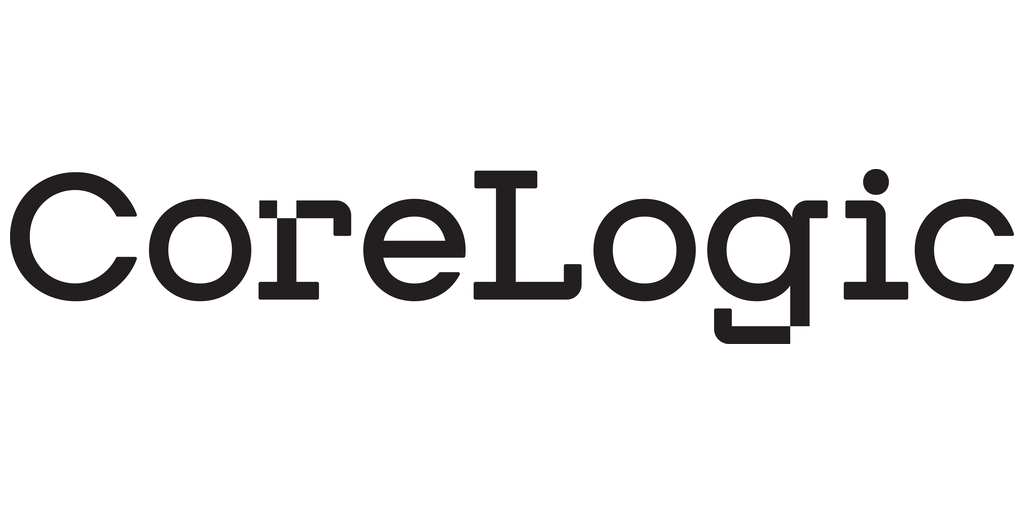
Sign up for daily news updates from CleanTechnica on email. Or follow us on Google News!
On December 26, 2024, New York Governor Kathy Hochul signed landmark legislation to bolster New York’s efforts to protect and restore the environment by requiring large fossil fuel companies to pay for critical projects that protect New Yorkers. The legislation, S.2129-B and A.3351-B, creates a Climate Superfund to support projects based in New York that bolster the state’s resiliency to dangerous climate impacts like flooding and extreme heat.
“With nearly every record rainfall, heatwave, and coastal storm, New Yorkers are increasingly burdened with billions of dollars in health, safety, and environmental consequences due to polluters that have historically harmed our environment,” Governor Hochul said. “Establishing the Climate Superfund is the latest example of my administration taking action to hold polluters responsible for the damage done to our environment and requiring major investments in infrastructure and other projects critical to protecting our communities and economy.”
This landmark legislation shifts the cost of climate adaptation from everyday New Yorkers to the fossil fuel companies most responsible for the pollution. By creating a Climate Change Adaptation Cost Recovery Program, this law ensures that these companies contribute to the funding of critical infrastructure investments, such as coastal protection and flood mitigation systems, to enhance the climate resilience of communities across the state.
According to the EHS (environment, health, and safely) Daily Advisor, the new law will require “cost recovery demand” payments from entities the New York State Department of Environmental Conservation (DEC) deems “responsible parties” under the law, primarily to fund “climate change adaptive infrastructure projects” within New York. A “responsible party” is defined as a person or company owning more than 10% of any company that “engaged in the trade or business of extracting fossil fuel or refining crude oil” during the “covered period,” which is between January 1, 2000, to December 31, 2018 the DEC determines is accountable for more than 1 billion metric tons of certain greenhouse gas emissions.
The law’s definition of a responsible party “does not include any person lacking ‘sufficient connection with the state to satisfy the nexus’ of the U.S. Constitution,” law firm Sidley Austin LLP says. This means the emissions created by the “responsible party” aren’t required to originate within the state of New York. A similar climate law passed by the state of Vermont last year contains similar language. The law directs the DEC to collect $3 billion each year from responsible parties for a 25-year period.
Emissions covered by the Act include those resulting from fossil fuel or petroleum product activities such as:
- Extraction
- Storage
- Production
- Refinement
- Transport
- Manufacture
- Distribution
- Sale and use
“The program will assign a percentage of the $3 billion to such responsible parties based on their percentage of greenhouse gas emissions by all responsible parties,” notes law firm Reed Smith LLP . “DEC will then use the funds to pay for climate mitigation projects identified as part of a statewide climate change adaptation master plan to be created by DEC within two years of the passage of the Act. The Act is expected to be challenged on a variety of grounds, including federal preemption and violations of the due process and commerce clauses of the Constitution. However, the Act was intentionally structured to resemble the federal Superfund statute, which has survived several rounds of challenges to the U.S. Supreme Court in the past. At this point, it appears to be a close call as to whether the statute will survive such challenges. Even if it does survive, individual responsible parties may have defenses to their own individual liability under the statute, which will be a fact-intensive inquiry and largely be based on how DEC implements the program. While the legislation goes into effect immediately, DEC is required to draft regulations in the next year to implement the program.”
Considering the significant amount of money expected from industry sources to fund the program, numerous challenges are certain, including lobbying efforts and legal challenges at both the state and the federal level. Analysts predict the law will see some modifications over time if it survives the legal challenges intact, EHS Daily Advisor notes.
Red States Sue New York
You might expect fossil fuel companies would vehemently object to the New York Climate Superfund law. How dare those effete snobs in Albany attempt to hold them accountable? After all, the only thing they are doing is trying to maximize shareholder value, and isn’t that what America is all about? What you might not expect is that 22 Republican led states have stepped up to the plate to deny New York the power to protect its own citizens from harm.
This week they sued the state of New York, contending that the new Superfund law, which attempts to force a small group of major energy producers to pay $75 billion into a fund to cover climate change damages, is unconstitutional. The lawsuit, filed in Albany, lists state Attorney General Letitia James and other officials as defendants. West Virginia Attorney General JB McCuskey is leading the coalition of states who oppose the New York Climate Change Superfund Act. “This lawsuit is to ensure that these misguided policies, being forced from one state onto the entire nation, will not lead America into the doldrums of an energy crisis, allowing China, India and Russia to overtake our energy independence,” McCuskey said in a press release.
“This law is unconstitutional, and I am proud to lead this coalition of attorneys general and brave private energy companies and industry groups in our fight to protect against this overreach,” McCuskey added. ”If we allow New York to get away with this, it will only be a matter of time before other states follow suit — wrecking our nation’s power grid.” The suit accuses New York state of trying to force energy producers and consumers in other states “to subsidize certain New York-based ‘infrastructure’ projects, such as a new sewer system in New York City” and calls it “an ugly example of the chaos that can result when States overreach.”
The legal filing goes on to say New York wants to blame the small group of energy producers for global greenhouse gases that entered the atmosphere from many sources. “Yet coal, oil, and natural gas were helping New York during that time. They helped keep the lights on in Albany, manufacture the steel that supported New York City’s iconic skyscrapers, and fuel the industry that keeps New York ports humming.” In addition to West Virginia, the other states who are party to the lawsuit are Alabama, Arkansas, Georgia, Idaho, Iowa, Kansas, Kentucky, Louisiana, Mississippi, Missouri, Montana, Nebraska, North Dakota, Ohio, Oklahoma, South Carolina, South Dakota, Tennessee, Texas, Utah, and Wyoming. Paul DeMichele, a spokesperson for Governor Hochul, said in an email, “We look forward to defending this landmark legislation in court and defeating Big Oil once again.”
It’s The Civil War All Over Again
Don’t think for a minute that JG McCuskey awoke from his slumber one night with the idea of suing New York or that those other 22 attorneys general all came up with the idea on their own. In all likelihood, the suit was drafted by the same shadowy organizations behind Project 2025. All they had to do was sign their names to the papers. Careful readers will note the states suing New York are mostly “taker” states, who derive more in federal benefits than they pay in taxes. They go so far as to demonize the “giver” states like New York and California whose residents pay more in taxes than they receive in federal benefits. The taker states bristle with indignation if anyone tries to tell them what to do, yet they revel in dictating to others — a form of hypocrisy that is endemic to the weaponized version of conservatism sweeping America.
Taker states reject federal mandates, declaring everything the government does is corrupt and a form of overreach.They are also fierce supporters of states rights, the nostrum that provided cover for the slavery movement. Oddly, the taker states are always beating their breasts about the glories of states rights, but see no contradiction when they try to prevent other states from exercising their own rights. Then it’s all about preemption and the Supremacy Clause. No one can predict how all this will play out, but it is clear the Red Team intends to use the courts to cram their ideology down the throats of those who disagree. Nothing says freedom quite like imposing your will on others.
Chip in a few dollars a month to help support independent cleantech coverage that helps to accelerate the cleantech revolution!
Have a tip for CleanTechnica? Want to advertise? Want to suggest a guest for our CleanTech Talk podcast? Contact us here.
Sign up for our daily newsletter for 15 new cleantech stories a day. Or sign up for our weekly one if daily is too frequent.
CleanTechnica uses affiliate links. See our policy here.
CleanTechnica’s Comment Policy




